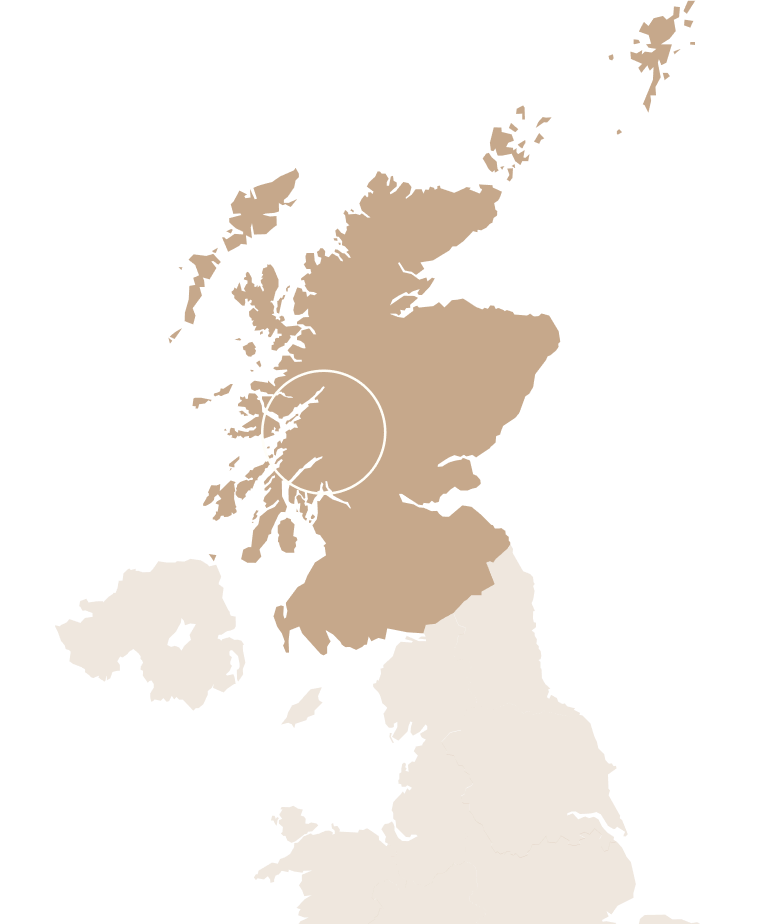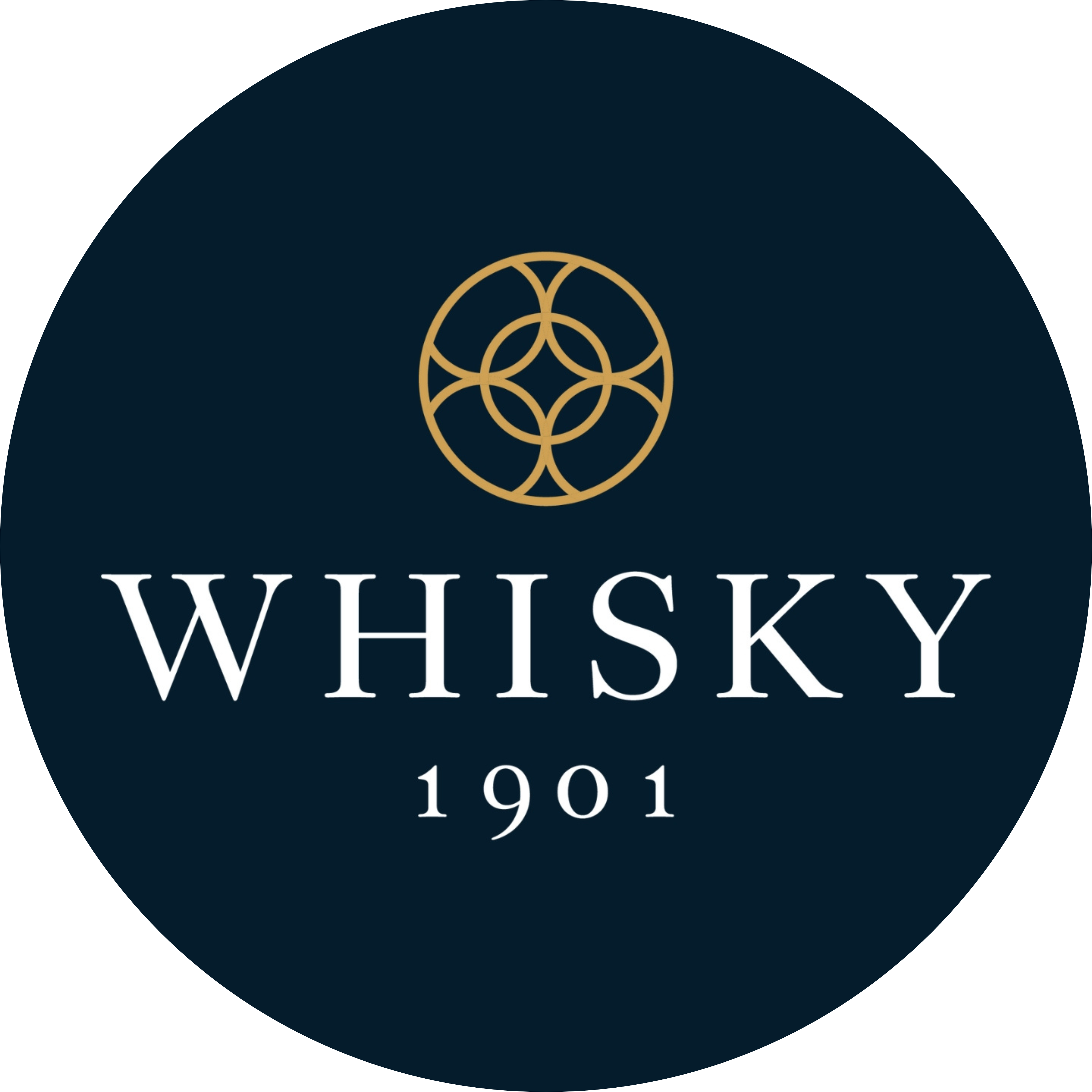A bit of history
The Ben Nevis distillery was established in 1825 by ‘Long John’ McDonald. It remained in the McDonald family for over a century. During this time the distillery proved very successful, so much so that a second facility was constructed nearby in 1878. This was named as Nevis. The two merged in 1908 and had continued success. The family’s control ended when the distillery was sold to Canadian millionaire Joseph W. Hobbs in 1941.
Hobbs installed a Coffey column still (a type of still used to produce grain whisky) in the mid-1950s. This made Ben Nevis the first Scottish distillery to produce single malt and single grain whisky at the same location. The late 1970s and 1980s were difficult for Ben Nevis. It was closed for varying reasons for much of this period, especially between 1978 and 1984 (for a major renovation project) and 1986 to 1989 (financial and operational issues).
The Japanese whisky company Nikka purchased Ben Nevis in 1989 and set about restoring the distillery to its former glory. Nikka is part of the Asahi Brewery Company, and they restarted production in 1990. Ben Nevis has been operating under their ownership ever since. They also opened the distillery visitor centre in 1991, which attracts many tourists due to its proximity to Fort William and the West Highland Way.
Background
Much of the single malt distilled at Ben Nevis is allocated to blending contracts. Especially for blended brands controlled by owners Nikka. This includes Scotch blends Dew of Ben Nevis and Glencoe, plus several Japanese whisky blends. Just one regular bottling is released by the distillery – Ben Nevis 10 years old. Outside of this, you will have to look at the independent bottler scene, where single casks often turn up – this is the best bet if you want something older from the distillery.
The geeky bit
Ben Nevis is a relatively small distillery with a production capacity of two million litres per year. It is equipped with a 9-ton stainless steel mash tun and runs 13 mashes a week. This feeds eight fermentation washbacks – six of which are stainless steel and two made of Oregon pine. It operates a fermentation time of 48 hours. There are four compact copper pot stills, which are crammed into the small still house.
For just under one week per year Ben Nevis produces a heavily peated spirit – this equates to around 50,000 litres. This has a level of 40ppm (Phenol Parts per Million) in the barley, which translates to around 15ppm in the new make spirit. The water used for production and cooling is taken from a local spring, which is fed by snow melt and rain water coming directly from the mountain.
One to buy | Ben Nevis 10 years old
As mentioned earlier, there is just one core bottling released by Ben Nevis itself – this award-winning 10 years old. The whisky was launched in 1996 and was one of the first whiskies to ever appear under the distillery name.
For the flavour profile, expect initial notes of green apple, hazelnut praline and orange oil. These are followed by further notes of vanilla toffee, milk chocolate and espresso coffee. The whisky feels oily and viscous in the mouth with a final pinch of warming oak spice rounding things off nicely.
To find out how to invest in your own cask of Ben Nevis whisky, get in touch with one of the Whisky 1901 team.
**Disclaimer**
Whisky cask investments are unregulated in the UK. The value of investments is variable and can go down as well as up. You have 14 days to change your mind and request a full refund under our cooling-off period. The volume of spirit will decrease over time (known as “the Angels’ share”). “New Make” spirit has to be matured for 3 years, during which time its alcoholic strength could be reduced. However, for the product to be classed as “whisky”, it must retain a minimum strength of 40%. Fees apply, see terms and conditions for details and terms around exiting your investment.
An investor may get back less than the amount invested. Information on past performance, where given, is not necessarily a guide to future performance. The capital invested can fluctuate and the price of casks can go down as well as up and is not guaranteed. The investments and services offered by us may not be suitable for all investors. If you have any doubts as to the merits of an investment, you should seek advice from an independent financial advisor. The Whisky 1901 Ltd sale price includes a discretionary markup to cover the cost of services provided, including but not limited to, storage, movement and maintenance of casks, insurance, front and back-office software.





